Infringement: Draft rules to help set boundaries on AI use
Singaporean singer Stefanie Sun has become a trending topic on Chinese social media platforms once again — not for a new album or concert, but for an artificial intelligence version of her voice.
In recent weeks, a series of music videos featuring Sun's "voice" has created a buzz after being uploaded on Bilibili.com, a popular Chinese video-sharing platform. Incredibly, none of the songs were sung by Sun herself, but produced by AI software.
One of them, a video of Fa Ru Xue, or "Hair Like Snow", in which Sun's voice was digitally inserted in place of the original Chinese singer, Jay Chou, has been viewed more than 1.6 million times on the platform since it was posted on April 14.
In addition to generating Sun's voice, the software has also replicated the voices of other famous singers including pop diva Faye Wong and Singapore's JJ Lin.
Many viewers were shocked by the AI-generated songs, commenting that it is too difficult to distinguish their idols' voices from the AI versions, with some embracing a technology that provides people with a different way to enjoy their favorite music.
However, legal professionals have expressed concerns about the possibility of rights infringements.
"Those AI-generated songs allegedly infringe upon the copyright of singers, lyricists and composers, even as some AI zealots argue that they play the songs for free just for fun," said Liu Bin, a lawyer who specializes in handling intellectual property cases at Beijing Zhongwen Law Firm.
"It's hard for the producers of AI-generated songs to explain that they didn't make the songs for profit, because uploading the videos on such a big streaming platform can legally be deemed as business behavior," he said.
Zhao Zhanling, another Beijing lawyer, said using AI to simulate a singer's voice without permission, and then mass-sharing it, meets the definition of infringement according to the Chinese Copyright Law.
"Moreover, if a singer successfully registers a trademark through his or her unique or recognizable voice, the AI-generated songs may even be considered as trademark infringement," Zhao added.
Both lawyers pointed out that music videos featuring AI-generated voices may also have infringed on the names, portraits and voice rights of those singers.
Citing the Chinese Civil Code, Liu said the protection of voices is the same as that for protection of portraits, meaning no individual or organization can debase or falsify voices of others by means of information technology.
"Voice is a personal right, and unique or recognizable tones even have business value, as Sun's voice does," he said. "So the use of her voice without her permission could be an infringement."
The experts added that using celebrities' names and imitating their voices through AI could also create unfair competition, because the act could mislead audiences and confuse the public.
As ChatGPT, an AI chatbot developed by Open-AI, takes the technology world by storm, AI-related products and services have rapidly grown. While they have improved the efficiency of people's lives and work, they have also created new problems.
In April, the Cyberspace Administration of China, the country's top internet regulator, started soliciting public opinions on a draft measure addressing emerging AI services, which aims to regulate the application of the new technology and promote its healthy development.
Zhao said he regards the draft as a quick response to the new industry by rule of law and lauded it for setting boundaries.
"For example, it states that AI-generated service providers should guarantee data they use for training must not infringe upon others' intellectual property and other legitimate rights, and the generated content should be annotated," he said.
The 21-article draft clarified that the country supports innovation, promotion, use and international cooperation on AI, but underscored that actions will be taken if AI-generated products, including texts, images, voices and videos, are found to have infringed on people's images, reputations, privacy or business secrets.
The administration stopped accepting solicitations on Wednesday.
So far, the singers involved in the AI-generated songs have not responded to the use of their voices, but a few musicians have shown their interest in the technology.
Canadian singer Grimes openly welcomes people using AI to imitate her voice for creative purposes, saying creators are free to use her voice without penalty and she will split royalties derived from any successful recordings with them, according to a report by Shine, a digital media product run by Shanghai Daily.
The report also mentioned Zhao Hong, a Chinese rapper nicknamed Xiao Lao Hu, or "little tiger", who has 486,000 followers on Sina Weibo, China's Twitter-like platform. Zhao said he is interested in learning how to work with AI, adding that it will be difficult to create content in the future without using it.












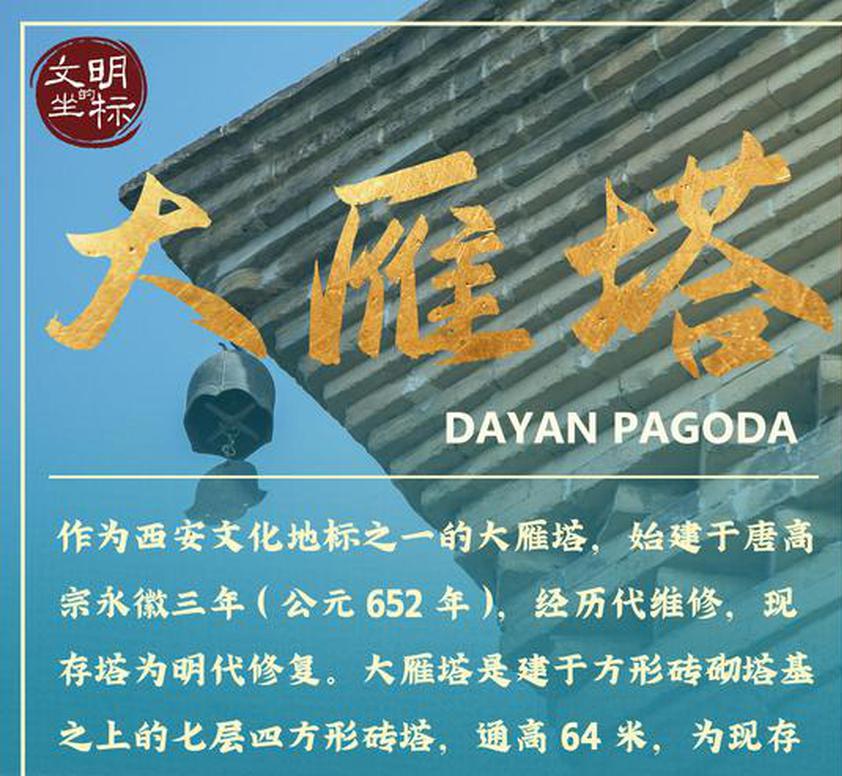


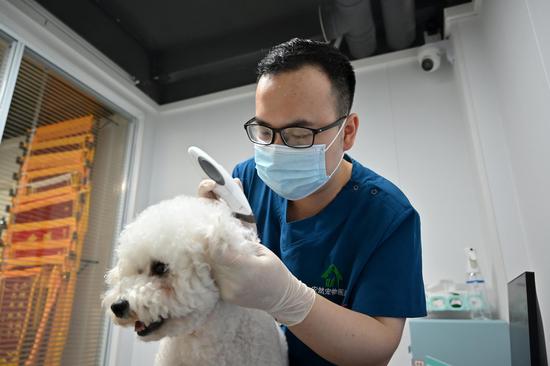

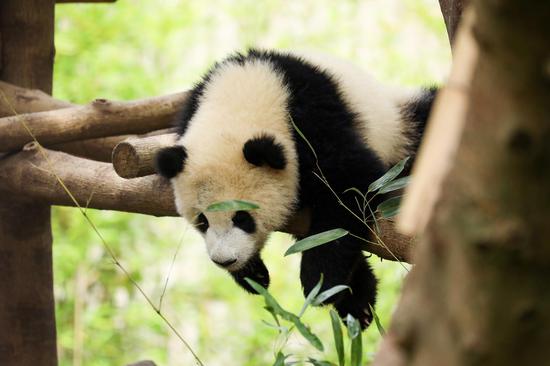

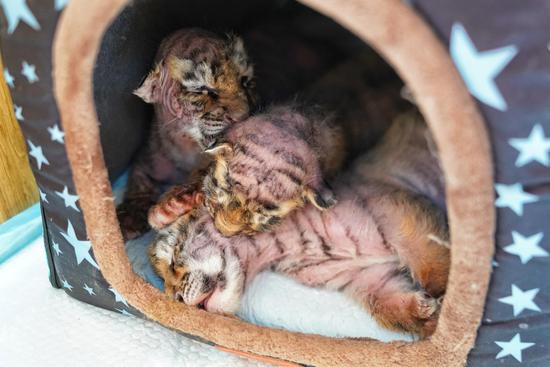


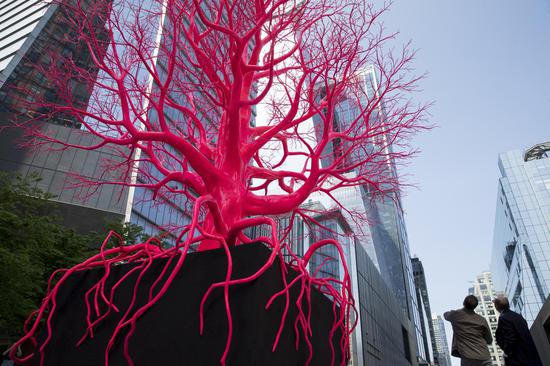






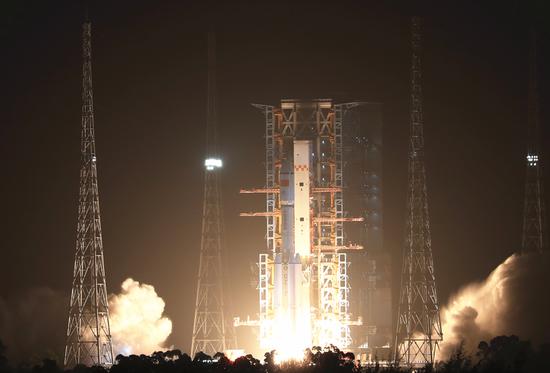



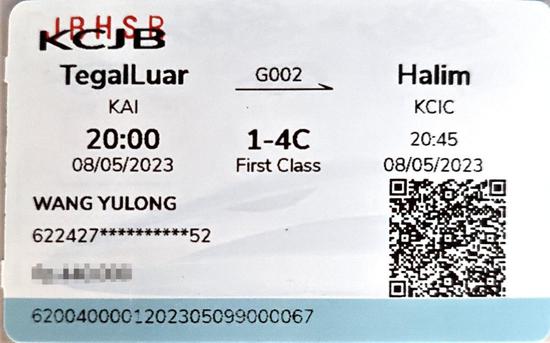










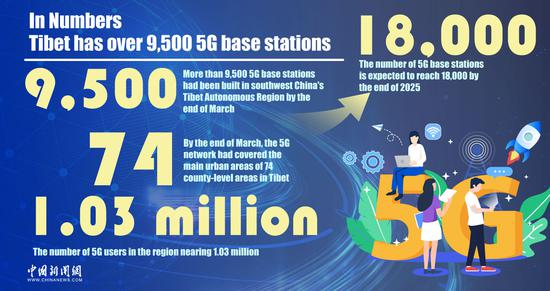





 京公网安备 11010202009201号
京公网安备 11010202009201号